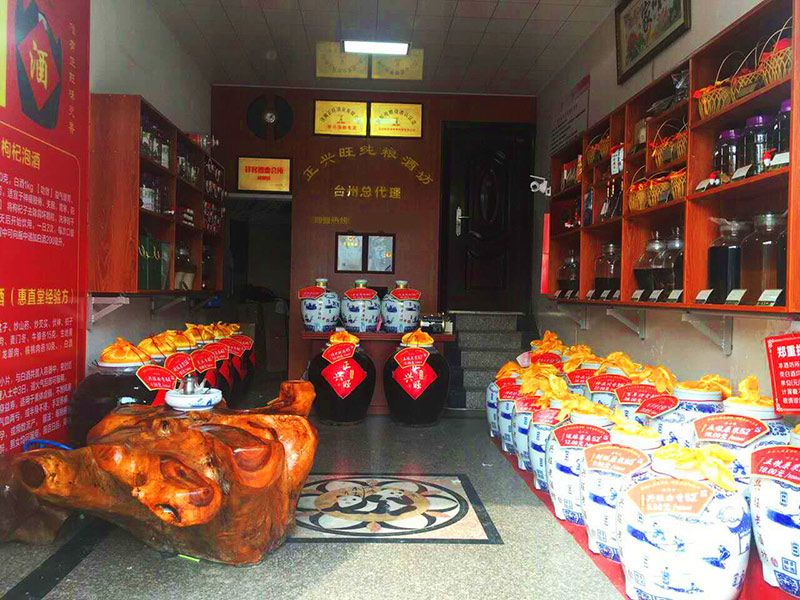Business Model
Baijiu business model
China liquor business cooperation model has the following forms: 1. supply cooperation: producers and sellers signed a supply agreement, agreed on the supply of liquor category, quantity, price and other details. The producer supplies the seller on a regular basis and replenishes the stock according to market demand. The seller is responsible for the sales and channel development of the wines, and sells them to the end consumers according to the agreed price. 2. Agency cooperation: the seller signs an agency agreement with the producer and obtains the agency rights for its products. The seller becomes the exclusive agent or regional agent of the producer's products and is responsible for sales, marketing and after-sales service in the region. The seller purchases alcohol from the producer and sells it at the agreed price. 3. Platform cooperation: The liquor e-commerce platform cooperates with the producer and opens the producer's official flagship store or special zone on the platform to sell the producer's bulk wine products. The producer provides products and technical support, and the platform is responsible for sales and logistics. This kind of cooperation can expand the producer's sales channels and accurately match with the platform's user base. 4. Franchising: the manufacturer selects suitable sellers as franchisees, authorizes them to use their own brands, and provides certain training and support. The franchisee is responsible for the management and sales of the store and operates according to uniform standards and strategies. The producer receives a commission on the franchise fee or sales. 5. OEM: This is a common form of cooperation in the wine industry. Labeling refers to a company commissioning another winery to produce and process alcoholic beverages, and marking the brand information of the commissioning company on the product packaging. This type of cooperation is often used by companies that want to enter the market quickly and launch their own brands. In the case of a bulk wine partnership, the commissioning company usually provides its own brand name, packaging design and marketing strategy, while the winery is responsible for the production and processing of the wine. The commissioning enterprise can select the winery for cooperation according to its own requirements and market demand, and determine the volume and quality of processing based on the winery's processing capacity and experience. Regardless of which bulk wine cooperation method is adopted, producers and sellers should establish a good cooperative relationship, strengthen communication and collaboration, and jointly promote product sales and market development. At the same time, both parties should continuously make adjustments and improvements according to market changes and consumer demands in order to maintain a stable and long-lasting cooperative relationship.






